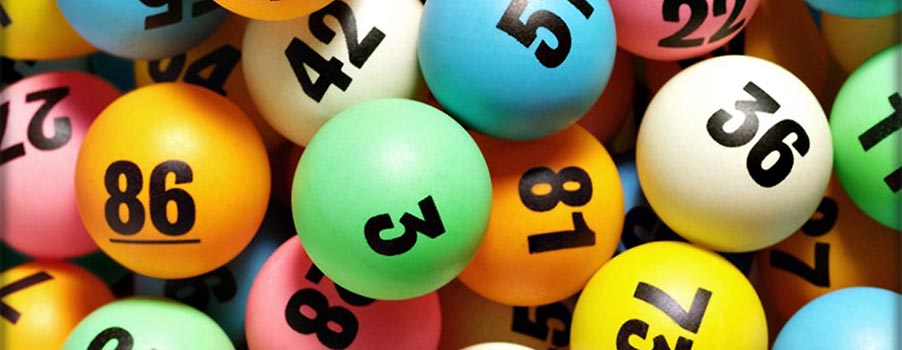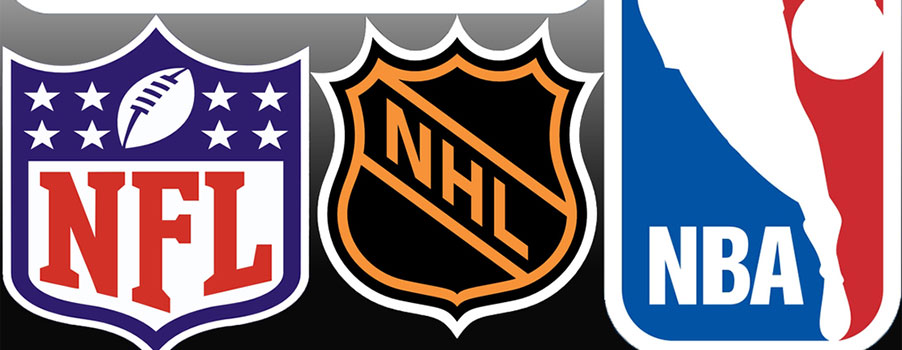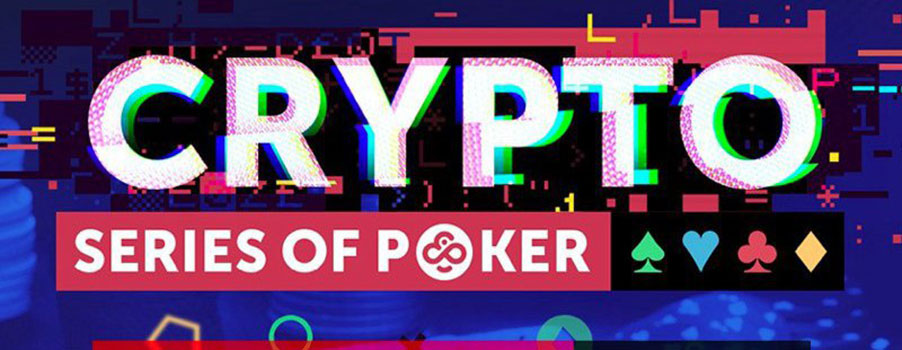We have all witnessed, or at least heard of, cases of various forms of addiction right from the infamous drug addiction to alcohol addiction and even problem gambling. In essence, one can get addicted to almost anything, and perhaps we have always overlooked the fact that even crypto falls into the broad spectrum of these addiction hazards.
While the rest of the world – most of it, that is – has been indulging the blissful pursuit of a crypto future, a hospital in Scotland has decided that it is about time that the issue of ‘cryptocurrency addiction’ (yes, it is a thing) is taken seriously. Castle Craig Hospital, the largest addiction treatment facility in Scotland, has recently established a residential treatment course to help ‘crypto addicts’ recover from obsessive cryptocurrency trading and get back to normal life.
The launch of the crypto rehab center was mostly influenced by requests by people asking the hospital to treat problems related to cryptocurrency. Clearly, this is starting to get out of hand and thus it needs to be addressed as quickly as possible.
Are You a Cryptocurrency Addict?
Are you among those people who have their eyes fixed on Coinmarketcap all day long waiting for the right moment to buy or sell cryptocurrencies? Do you have trading accounts on a bizarrely large number of crypto exchanges? Are you spending large amounts of money crypto? Do you keep trading even after losing money hoping to gain it back? Do you scoff at people who do not know what HODL, bull, bear, whale, ATH, FUD, and FOMO mean?
If your answer to most of these questions is yes then I am sorry to tell you that you definitely have a problem, at least according to behavioral scientists. There is currently no mention of cryptocurrency addiction on scientific literature but the experts have noted that the trading in crypto can become a behavioral addiction just like problem gambling.
“The high risk, fluctuating cryptocurrency market appeals to the problem gambler,” says Chris Burn, a gambling therapist at Castle Craig Hospital. “It provides excitement and an escape from reality. Bitcoin, for example, has been heavily traded and huge gains and losses were made. It’s a classic bubble situation.”
Some Agree, Some Do Not
Since there was no literature to study, the only source of information was the cryptocurrency trading community itself. Niko da Costa Gomez, a frequent crypto trader who has been making more profits than losses in his crypto investments, says that the idea of cryptocurrency addiction is not one that he would subscribe to. He does not “think anyone is really addicted to trading cryptocurrency unless they are very rich.”
Manav Singhal, the chief executive of Velix.ID, a blockchain startup, is also unconvinced that cryptocurrency is a valid issue. In fact, the CEO is one of those traders who keep trading even though he has been making continuous losses.
“I think profits and losses are just a part of the trading, and it is no different than trading any other kinds of securities,” goes his rather philosophical answer. “Gambling addicts are just that — gambling addicts. They can choose any addiction they want, and it can be cryptocurrencies, but that doesn’t mean that a majority of cryptocurrency traders are addicts. There’re many reasons that make you trade cryptocurrencies frequently, given how fast things are changing in the industry. I am not signing up for any rehabilitation any time soon.”
These sentiments are shared by most, if not all, cryptocurrency traders and this points to one very prominent issue in any addiction – no one admits the problem in the first place.










